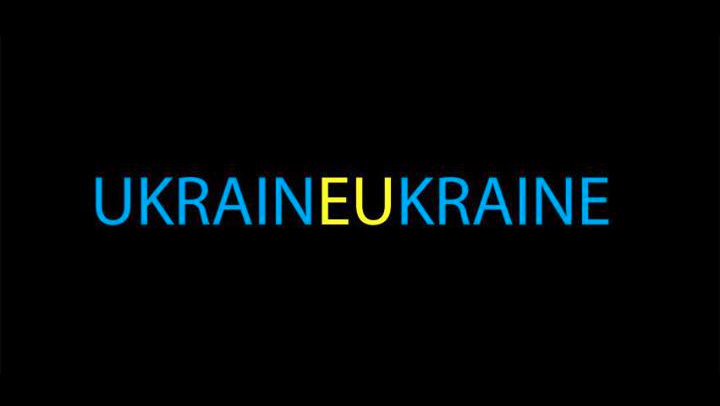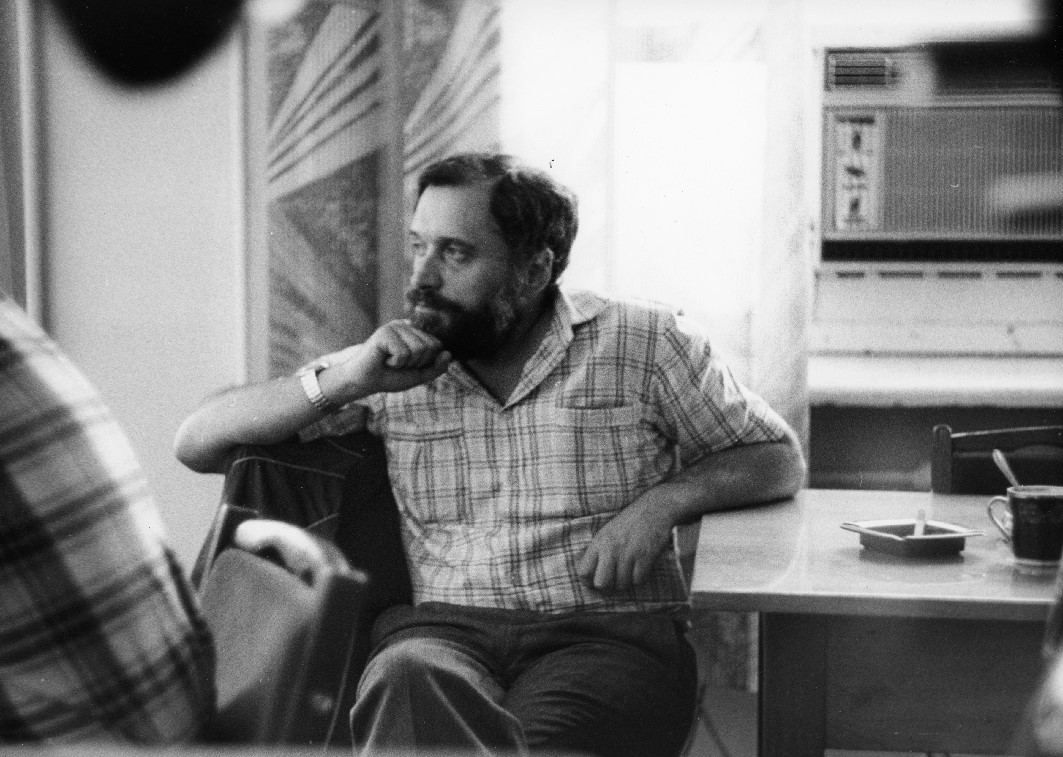Two months to go until the Dutch referendum on the Association Agreement between Ukraine and the European Union. Two months, and the Dutch population will have to vote on a detailed agreement that is so long, detailed and complex that only few will actually know what they are voting upon. Instead, the “no”-camp is using every possible argument to show that “No” is the right choice. “No” means voting against increased power for Brussels; “no” means voting against politics detached from the ordinary man in the street; “no” means voting against globalization and multinationals dominating the global economy; and last but not least, “no” means no to more refugees, no to more Islam in Western Europe, no to the Dutch no longer being the real “owners” of The Netherlands.
So where is Ukraine? Surprisingly, there are very few arguments heard that are related to Ukraine and that are really grounded in the daily Ukrainian reality. Yes, we hear that extreme right-wing politicians rule Ukraine and that there is a strong neo-fascist presence. Yet we also know that this is nothing more than rehashing Moscow propaganda and that in reality Western Europe has a right-wing neo-fascist political movement that is far bigger than in Ukraine (not to mention the fact that the largest fascist movement in Europe exists in Russia). Yes, we hear that Ukraine is corrupt, an economic mess and would cost the European Union huge amounts of money. But we don’t hear that Ukraine being the biggest country in Europe has a huge economic potential, is a vast market for European businesses and that it is in fact a miracle that in spite of two years of war and an economic blockade by Moscow the country is still functioning and inflation has not reached horrific proportions.
We also hear some Dutch politicians state that certainly not all Ukrainians want this Association Agreement, and that for the population of the so-called "People’s Republics in Donetsk and Luhansk" (in short, the DNR and LNR) such an agreement would be a disaster and would push them further into the arms of Moscow. They claim they spoke to many Ukrainians, e.g. as observer of the OCSE, and that thus their views are based on pure facts.
I dare to challenge this. I not only dare to challenge this, I also think this point view is quite shameful, and I will explain why.
Throughout the former Soviet Union, and even in the Central European countries that now form part of the EU, many members of the old generation are hesitant towards the European Union. This is not a feeling based on facts. It is an attitude based on the fact that as citizens of former totalitarian states they have reached their maximum level of change. To them living in a free market economy and a parliamentary democracy is too complex, gives too many choices, and has made them to a certain degree strangers in their own country. And thus out of nostalgia they claim that life was better under Communism. They easily forget the emptiness in the shops, the inhumanity of the old system, the fact that they were simple numbers and nobody in charge cared whether they would live or die. They have this fata morgana that they stick to, only because what is now is too frightening, too difficult. There is nothing you can do about this: they reached their ceiling, and only time will help. The older generations need to fade away and the younger post-Communist ones need to take over.
In Ukraine it is not different. After 70 years of Communism and 25 years of living in an amorphous state that could best be characterized as a very stable instability, it is very hard for them to adjust to new realities. There is no need to blame them, but as a Western politician you should have the brain to understand this very essential fact of post-totalitarian life in this part of the world.
What I find much worse is the notion of the population of the "People’s Republics" being pushed into the hands of Moscow if the Dutch vote “yes”. This claim shows that those who hold this view have actually no idea what life is like in these regions. I have many friends who have family and friends who got stuck in these so-called breakaway regions, and the stories are heartbreaking, one after the other. In fact, two million Ukrainian citizens are living in occupied territories being harassed by a bunch of criminal crooks in power that are only able to maintain their stronghold because of constant military backing by the current Russian leadership. We hear stories of lawlessness, of rape and pillaging, of maltreatment of prisoners, of unlawful confiscations, of life becoming increasingly difficult due to shortages of food, medicine and other necessities. Some say – well, it is their own fault, they voted for secession. Maybe yes, but many voted without understanding the consequences, in regions that were already militarily occupied with local gangs and Kadyrovtsy roaming the streets and under a bombardment of intense propaganda. Did they have a choice? And were the results real or were they orchestrated, just like in the Crimea where 123% of the population of Simferopol voted in favor of joining the Russian Federation?
Let’s imagine, The Netherlands in 1942. The country is occupied by the Nazis, but life is still bearable and Jews are not yet sent to their deaths in Auschwitz and other extermination camps. In the mean time, the Dutch are nicely trading with the Germans, business as usual as they say. Reichskommissar Seys-Inquart organizes a referendum for joining the German Reich. What would have been the outcome, you think? And what if the Allies, Churchill and Eisenhower, would then have told the Dutch Government-in-Exile: “listen, guys, your population seems to be in favor, so we won’t do anything that pushes them further into the arms of Berlin.”
Nonsense? I don’t think so. The Dutch would have voted in favor, purely because of the inextinguishable desire to survive. People are very compliant, and most will go along, almost at any price. So don’t judge the people in the DNR and LNR, and don’t tell fairytales that the Association Agreement with the EU will push them into Putin’s arms. If there is one part of the Ukrainian population that needs this link with a brighter future it is they. They have felt what life with Putin is like; they pay the price for their wrong choice, and they do so every day. For them association with the European Union is a glimmer of hope, a reason to hold on and hope the nightmare will end some day.
How paradoxical that those who live in one of the wealthiest countries of the world, that rose out of its ashes after World War Two thanks to persistent support from the Allies, are now sitting back and denying others a better future purely because of their own egocentric needs. It is not only paradoxical, it is pitiful and for me, who has been witness and part of the birth (1991) and rebirth (2014) of the Ukrainian state, it is pretty much despicable as well.





